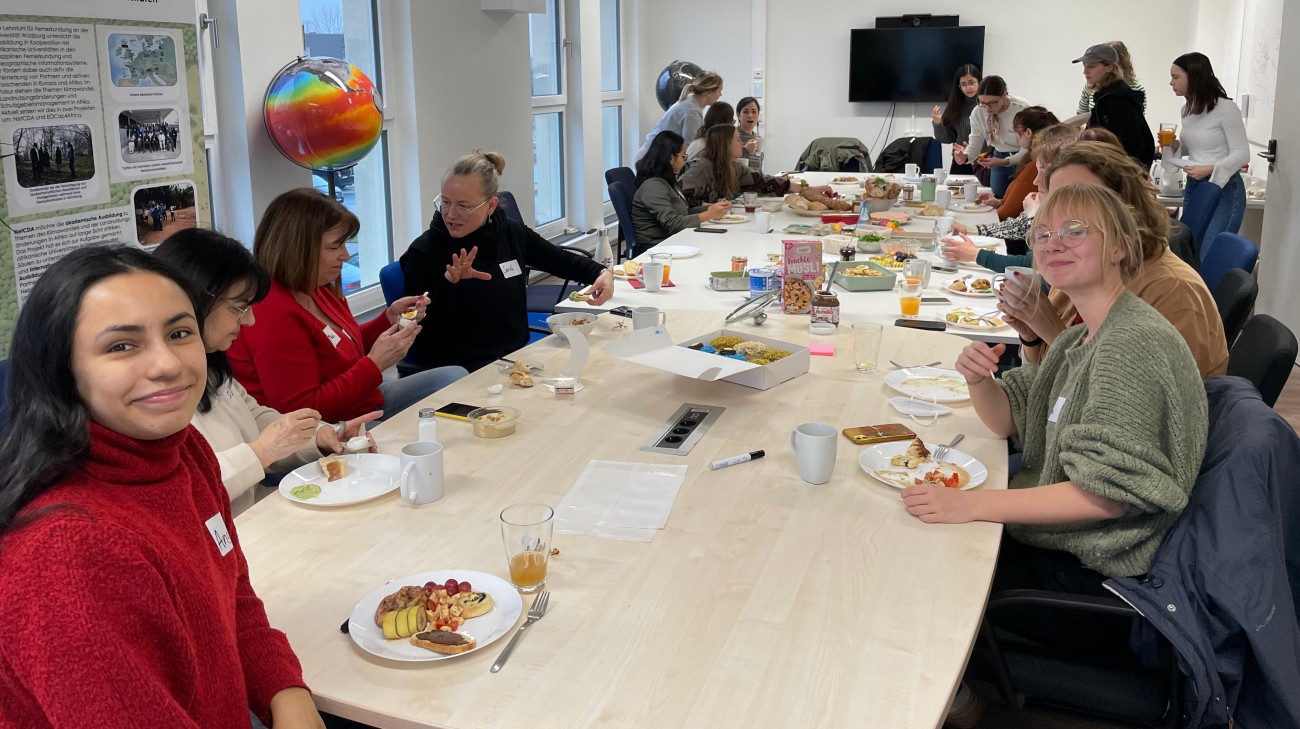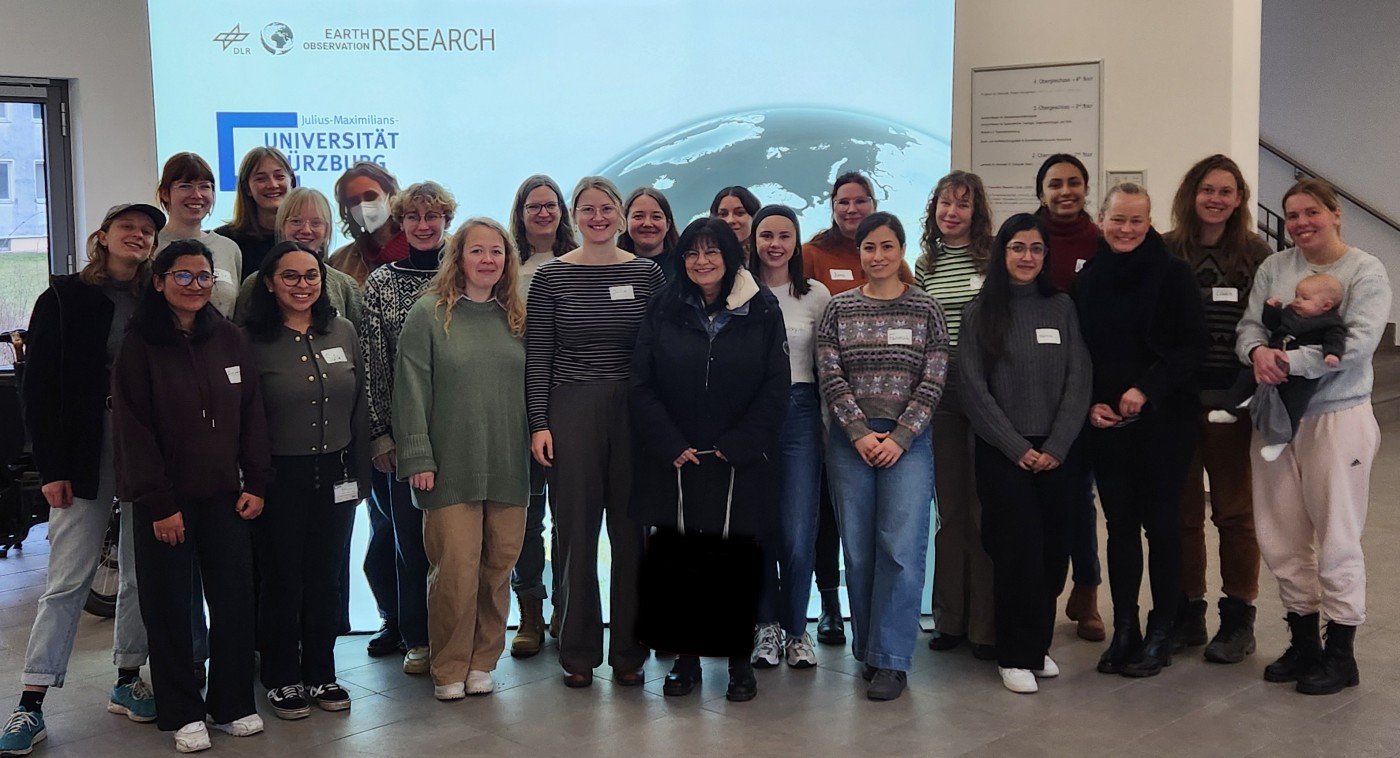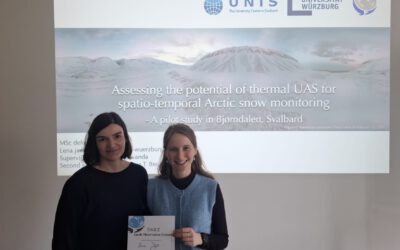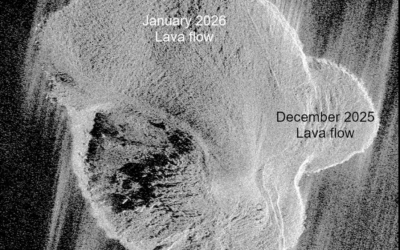On this International Day of Women and Girls in Science (IDWGS), we celebrate progress, recognize ongoing challenges, and commit to shaping a future of equal opportunities for all. Change is a collective effort, and by fostering inclusive environments, advocating for visibility, and supporting one another, we take meaningful steps toward gender equality in STEM. Established a decade ago by the United Nations, the IDWGS highlights the importance of full and equal access to science for women and girls worldwide.
In Germany, women comprised only 29.4% of the research and development workforce in 2021—one of the lowest rates in the EU [1]. Worldwide, women represent around 34% of the STEM workforce, highlighting persistent underrepresentation [2]. Factors such as societal stereotypes, implicit biases, and a lack of visible female role models continue to discourage young women from pursuing careers in science. The Matilda Effect, a term coined by historian Margaret W. Rossiter, describes how women’s contributions to science have often been overlooked or attributed to male colleagues [3]. This historical bias continues to reinforce systemic barriers, making it even more crucial to highlight and celebrate the achievements of women in STEM today.
While structural inequalities persist, one of the most powerful tools for change is community. Many of us in the department have experienced firsthand how mutual encouragement fosters confidence and growth. Whether through mentorship, informal peer support, or simply having spaces to share experiences, these connections make a significant difference. Having such strong support networks lets us counter doubts and provide the reassurance that we do, in fact, belong in these spaces.
To strengthen our sense of community, we organized a breakfast event bringing together FLINTA* EAGLEs, PhD students, and postdocs. Everyone contributed to a diverse selection of delicious food. We shared experiences as FLINTA*s in science, exchanged ideas, and discussed ways to support each other. Moving forward, we want to meet more regularly and collected ideas and wishes to drive future initiatives. We aim to establish structured support systems within our department, ensuring FLINTA* scientists have the resources and encouragement to thrive.
Let’s continue the conversation, uplift each other, and work toward a more equitable scientific community.
Note: The term FLINTA* stands for female, lesbians, inter*, non-binary, trans and agender people. We deliberately chose this term because it opens up a perspective on gender identities that is inclusive and diverse. We aim to create spaces where all people who identify as FLINTA* can feel safe and welcome to share their experiences and learn from each other.
[1]https://www.destatis.de/Europa/EN/Topic/Science-technology-digital-society/FemaleResearchers.html
[2] https://www.aauw.org/resources/research/the-stem-gap/
[3] Rossiter, M. W. (1993). The Matthew Matilda effect in science. Social studies of science, 23(2), 325-341.










